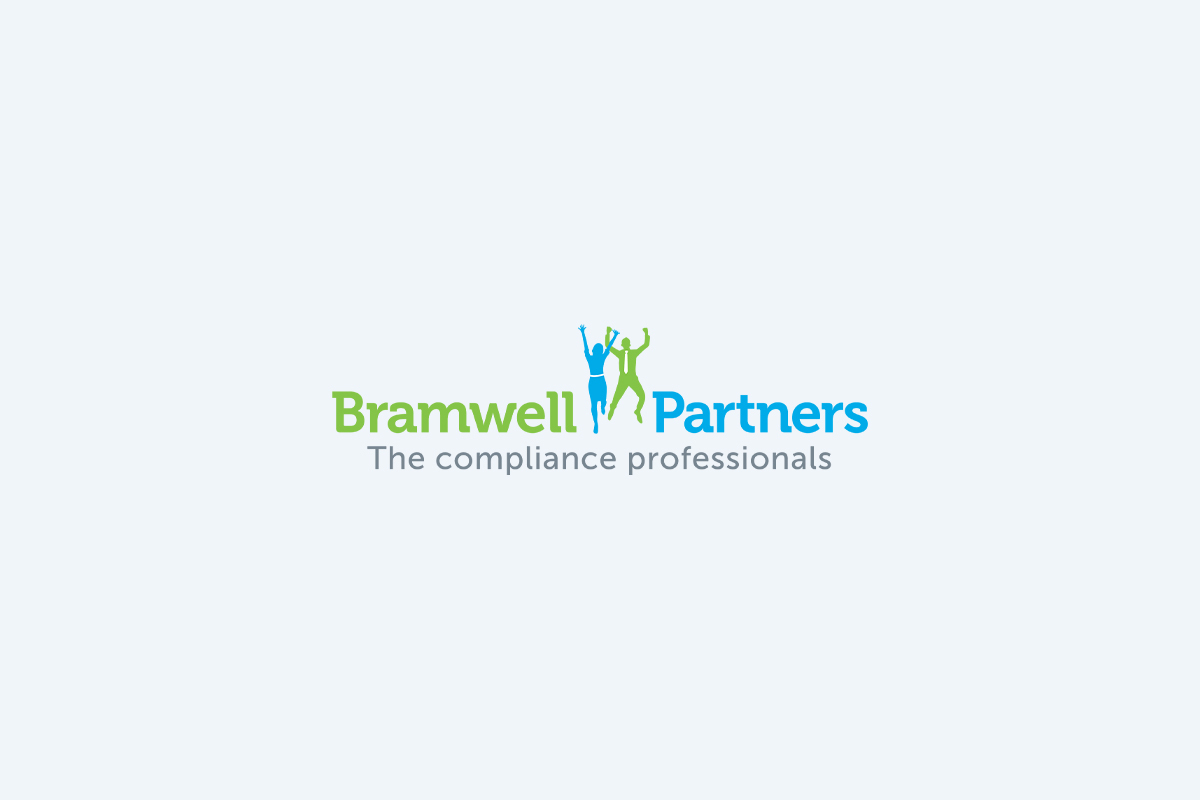With summer rapidly approaching, now is a better time than ever to start considering summer work safety for your business and some of the steps you can take to avoid the hazards that might occur during this time of year.
In Australia, and especially in Queensland, summers can be very dry and very hot with the hottest day in 2023 being 38 C. Due to this it is important to consider some ways of managing the associated risks around temperature and problems that can arise from that.
Bramwell Partners specialise in HR consulting and serve as WHS consultants for many great businesses in Brisbane. Contact us today to learn more about our services by calling (07) 3630 5695 or email us at success@bramwellpartners.com.au.
How to Manage Summer Work Safety
Heat-Related Illnesses
Heat related illnesses, such as dehydration, heat exhaustion and heatstroke can become serious issues if not taken seriously. It is always important to stay hydrated but even more so during summer as it can happen quickly even in cooler weather conditions. Be sure to take regular drink breaks and seek shade where possible. Heat exhaustion is a more serious stage of de-hydration which can cause sweating, weakness and has the potential to cause fainting.
Sun Exposure
Prolonged sun exposure can cause a number of serious health problems including eye damage, sunburn and skin cancer. There are a number of ways to manage the risk of prolonged sun exposure including using sunscreen, wearing sun safe clothing such as long sleeves and using shade where possible. This is very important for summer work safety and being safe in the summer outside of work.
Water Safety
During the warm summer you might find it a good idea to take a dip in your pool or a swim at the beach and while you do its always important to stay safe. Always supervise children or inexperienced swimmers around water, if you’re swimming at a beach ensure to stay where there are lifeguards present. Remember to follow any rules for those places as they are there to keep you safe, and where possible, you should bring any safety equipment required to help you feel confident in your abilities.
Insect Bites and Stings
Insects are a common problem for Australians, between the flies, ticks, bees, wasps and mosquitos you can very rapidly be inundated by them. To try and reduce the number of insects you can wear repellent, long sleeve or thicker clothing and avoid wearing especially scented products. Ultimately given the number of bugs here, it will be difficult to completely prevent any insects from biting or stinging, so you should also know what to do in that situation. Knowing how to treat bites and stings is incredibly valuable for a variety of situations, and using a database such as the Saint John’s First Aid App can allow you to quickly identify and respond to a variety of situations.
Outdoor Activities
Outdoor activities can be strenuous even during cool days, during summer you can swiftly become overheated, fatigued and de-hydrated. While doing outdoor activities it is important to take frequent breaks and to stay hydrated, drinking plenty of water and to try and stay in the shade as much as possible.
Food Safety
Food safety can be difficult in the summer as many foods need to be maintained at a constant temperature, stored correctly and away from any possible contaminants. Given the festivities of the season there are some foods that are considered higher risk than others, such as prawns and turkey. It is incredibly important that these foods are stored correctly as it can result in food related illnesses.
Fire Safety
Fire safety is essential during the summer when hot, dry conditions can increase the risk of fires. Here are some tips to help you manage fire safety during the summer. If you are grilling or cooking outdoors, then be sure to keep open flames away from any flammable materials. If you want to start a bonfire or campfire then you should check local regulations and obtain a permit if necessary – bonfires and campfires can grow rapidly out of control if left unattended. For office or home environments, be sure smoke alarms are fitted and working and that there is appropriate and effective fire control equipment in place. Lastly, be aware of the area you live and work in, know if that area is at high risk of fires or other emergencies.
Looking For Advice About Managing WHS Risks?
At Bramwell Partners, our consultants can help your business develop processes, policies and provide guidance on how to mitigate various risks brought on by the summer season to stay on top of summer work safety.
If you are interested in improving your workplace health and safety management systems, contact us for a free consultation on (07) 3630 5695 or email success@bramwellpartners.com.au today!
 enquiries@bramwellpartners.com.au
enquiries@bramwellpartners.com.au


